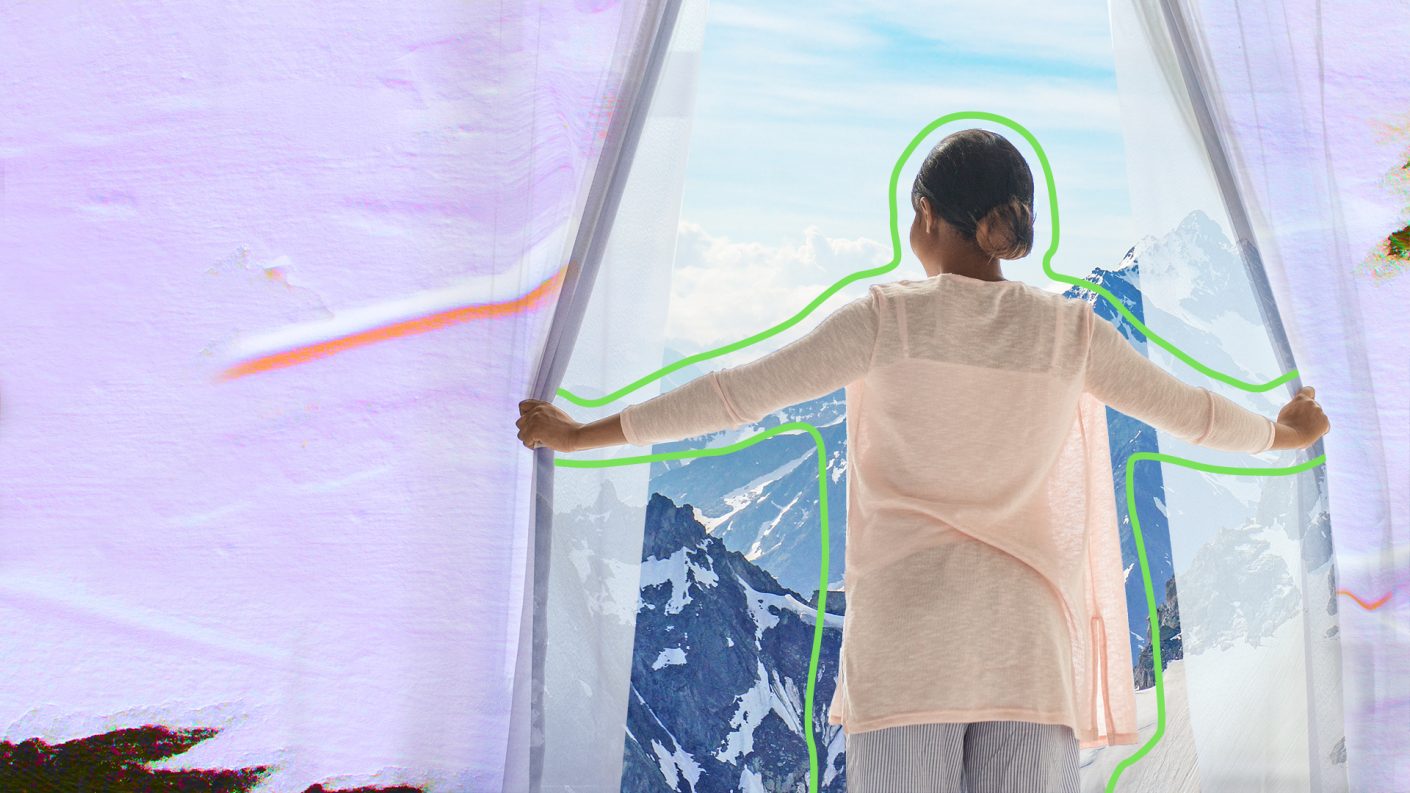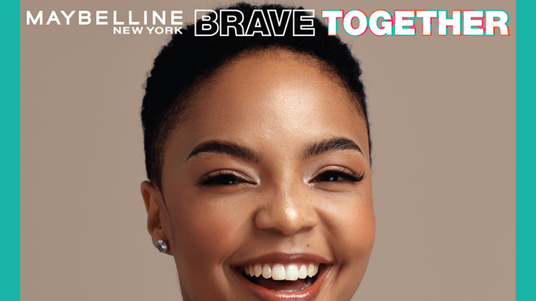Blog
Gen Z: South Africa’s woke generation
71% of South Africa’s Gen Z wants brands to give back to society.


Joeri Van den Bergh
04 April 2023
3 min read
Accounting for one third of the global population, Generation Z have a collective disposable income expected to reach $33 trillion over the next decade. Brands cannot afford to ignore this generation; in fact, the future of businesses depends on them. But what shapes this generation, and what do they expect from brands?
This blog is based on proprietary quantitative research with 1,002 consumers (400 Gen Z, 201 Gen Y, 202 Gen X and 199 baby boomers) in South Africa.
Show them you care
Gen Z is an activist generation, a trait which comes to the fore in their expectations towards brands. In South Africa, they value brands that care about their own values as consumers (78%) and are authentic (75%) and inclusive (74%). In fact, 83% of Gen Z in South Africa believes that brands should help people live a better life.
This desire to tackle social issues is also reflected in Gen Z’s purchase decisions. Gen Z in South Africa are willing to pay more for brands that are black- or female-owned (55% and 48%) and use inclusive practices (77%). They would also pay more for brands that try to have a positive impact on society (82%) and run their business in a sustainable way (78%).
Joeri Van den Bergh, our expert on the next generation, explains why brands should take note of this new insight into Gen Z: “This is a very important generation that will bring about change in society, not only because they want to, but because they have the skills to do so. Gen Z is much more vocal than its predecessors, but it is also a vulnerable generation, growing up in challenging times. They have an enormous need for guidance, especially from brands.”
71% of Gen Z wants brands to give back to society. In fact, more than their older counterparts, Gens Z and Y expect brands to create impact by commenting on news, social and political events (50%) and engaging in conversations about what change is needed in society (79%). This focus on social justice is also reflected in their spending behaviour, with 77% of Gen Z and 73% of Millennials willing to pay more for brands that use inclusive practices.
By partnering with leading South African non-profit organisations like Sadag, Maybelline New York aims to break down the stigma around anxiety and depression via its #BraveTogether programme. Through this programme, the brand provides easily accessible support and resources (e.g. counselling via WhatsApp), and fosters a culture that lets those who are struggling know that they are not alone and that there is help available.

Be a guide not a teacher
45% of Gen Z in South Africa feels stressed, which is mostly related to financial worries (58%), studies or job (54%), or family situation (45%). This is unsurprising, given the current level of unemployment amongst young South Africans.
This also has an impact on their mental health with 37% of the Zoomers indicating this as a big stressor (vs 22% Gen Y, 11% Gen X and 14% baby boomers). Yet, this ‘it’s ok to not be ok’ generation does not shy away from talking about their struggles. GenZ is all about dropping taboos and being open about their mental health, something they also see a role in for brands.
Van den Bergh concludes: “The role of brands is more versatile than ever: as life coaches, as drivers of change and innovation, and as a means for Gen Z to express themselves. More than ever, brands should stand for something meaningful and put that into practice.”
More on what drives generation Z in South Africa?
Download your free copy of our ‘Ready for the Zoomers’ report South Africa edition or connect with Joeri Van den Bergh, Future Consumer Expert.
Let’s connect